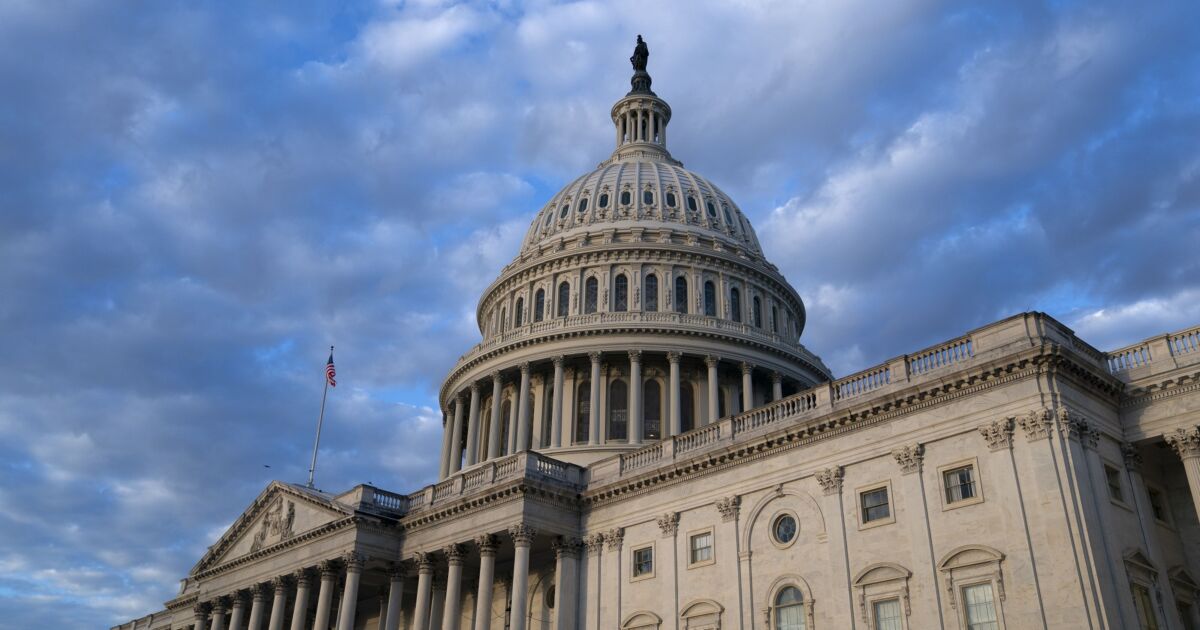The price of flame; a guy at the IRS; package deal; and other highlights of recent tax cases.
Nome, Alaska: Businesswoman Tina H. Yi, of Anchorage, Alaska, has pleaded guilty to evading taxes on income from her business.
Yi was the sole owner and operator of SJ Investment, a hotel, bar and liquor store. Yi created the business around April 2007 and operated it until around October 2017, when the property was destroyed in a fire.
From around 2014 to 2018, Yi maintained two sets of financial records relating to the business income and expenses, one accurate and one that understated business income. Yi provided the false records to her accountant to prepare returns, and her 2014 through 2018 returns were false.
Yi caused a total tax loss to the IRS of more than $550,000.
Sentencing is Oct. 11. Yi faces up to five years in prison as well as a period of supervised release, restitution and monetary penalties.
Houston: Tax preparer Christopher J. Guevara has admitted to aiding or assisting in the preparation of a false 2017 income tax return.
From at least 2018 to 2020, Guevara owned and operated Chris Tax Service and admitted to placing false Schedule A deductions, residential energy credits and Schedule C businesses on returns he prepared, resulting in inflated and undeserved refunds. Guevara admitted to placing $26,857 in false business losses that were listed on the 2017 Schedule C. The tax loss to the U.S. on that return was some $13,390.
Guevara took responsibility for $123,458 in losses to the IRS and has agreed to pay that amount in restitution.
Sentencing is Oct. 31. Guevara faces up to three years in prison and a possible $250,000 fine.
Plainview, Illinois: Former Illinois State Senator William Samuel McCann Jr. has been sentenced to 42 months in prison to be followed by two years of supervised release, and ordered to pay $683,816.61 in restitution for fraudulent use of campaign funds, money laundering and tax evasion.
McCann engaged in a five-year scheme, converting more than $600,000 in campaign funds to his personal use. A state senator from various districts from 2011 to 2019, he formed the Conservative Party of Illinois and, in 2018, launched an unsuccessful bid for governor. He previously lived in Carlinville, Illinois, and owned and operated two construction-related businesses. He also organized multiple political committees and from April 2011 to November 2018 received more than $5 million in donations.
McCann used campaign funds to purchase personal vehicles, pay personal debts, make mortgage payments and pay himself. On his joint return for 2018, McCann failed to report income from rental payments to himself for the RV trailer and motorhome and used $10,000 from a campaign account for a down payment on a motorhome.
McCann pleaded guilty to all nine counts of the indictment, which charged him with seven counts of wire fraud, one count of money laundering and one of tax evasion. The penalty for each count of wire fraud and the count of money laundering is up to 20 years in prison. For tax evasion, the statutory penalty is up to five years.
Roanoke, Virginia: Brian Hoeppner, owner of a payroll processing and tax prep business, has been sentenced to three years in prison for wire fraud and for filing a false return.
Hoeppner, who previously pleaded guilty, owned and operated Blue Ridge Bookkeeping and had several clients. One hired him to handle her company’s payroll, file the company’s employment tax returns and submit all related paperwork and payments to the IRS.
From at least September 2012 through December 2019, Hoeppner billed this client for her company’s employment taxes. Rather than pay these taxes to the IRS, he spent the money on personal expenses and her company’s employment taxes went unpaid. When the IRS sent notices to this client, Hoeppner lied that “he had a guy at the IRS” who was sorting things out.
After several years of notices, this client demanded that she accompany Hoeppner to a meeting he had set up with the IRS. Just before the meeting, Hoeppner admitted to her that he had been stealing her company’s payments, in all more than $125,000. As of December 2019, this client was still responsible for paying more than $240,500 in taxes, penalties, interest and costs; she almost shuttered her business to come into compliance with the IRS.
Hoeppner was also ordered to pay $58,361 in restitution to this client and $218,445.32 in restitution to the IRS.
Investigation also uncovered that from 2009 through 2013 Hoeppner stole employment taxes from at least one other client. In addition to accruing a debt to the IRS of more than $10,000, the owners discovered that Hoeppner stole a $14,112 federal refund check that the IRS had issued to the company.
On his false personal income tax returns, Hoeppner also failed to report his embezzlement income and overreported withholdings he had paid to the IRS.
Houston, Alaska: Former tax preparer and former municipal treasurer Jess Adams has been sentenced to 30 months in prison for embezzling more than $1 million from the City of Houston, Alaska, and from a Wasilla, Alaska, equipment company and then evading taxes on the embezzled profits.
From 2015 through 2018, Adams was the treasurer for Houston. He used this access to direct electronic transfers from the city’s bank account to a personal account that he maintained to hide embezzled money, creating fictitious entries in the city’s accounting records to disguise these payments as legitimate business expenses.
In October 2018, Houston placed Adams on administrative leave; he resigned his position the next month.
A year later, Adams was employed as a bookkeeper by an equipment company. Again, he directed electronic transfers from the company’s account to personal accounts that he’d opened to hide the embezzled money and used fictitious entries in the company’s accounting software to make the transfers look legitimate. He then laundered the money.
A former seasonal tax preparer for a national tax advisory company, Adams filed false individual income tax returns for 2016 through 2021. These returns did not disclose the embezzled income.
He was also ordered to serve three years of supervised release and pay more than $1.5 million in restitution to the United States, as well as additional restitution to the City of Houston and to the equipment company.
Guilford, Connecticut: Businesswoman Michelle Ann Gilson has pleaded guilty to failure to pay payroll taxes.
Gilson co-owned and co-operated B&M Package Solutions and formerly owned and operated Epic Empirez, both package-delivery companies. Gilson was responsible for company books, payroll and invoices, and for collecting and paying over certain federal taxes from her employees and for her companies paying their share of FICA taxes.
Investigation revealed that beginning in 2017 Gilson failed to report employees’ federal income and FICA taxes and failed to pay over withheld amounts.
Gilson pleaded guilty to one count of willful failure to pay over withholding taxes for multiple quarters during 2017 through 2022. She has agreed to pay some $1,407,831 in restitution to the IRS.
Sentencing is Oct. 9. Gilson faces up to five years in prison.


 Accounting1 week ago
Accounting1 week ago
 Economics1 week ago
Economics1 week ago
 Blog Post1 week ago
Blog Post1 week ago
 Personal Finance1 week ago
Personal Finance1 week ago
 Personal Finance7 days ago
Personal Finance7 days ago
 Personal Finance1 week ago
Personal Finance1 week ago
 Economics7 days ago
Economics7 days ago
 Finance1 week ago
Finance1 week ago












